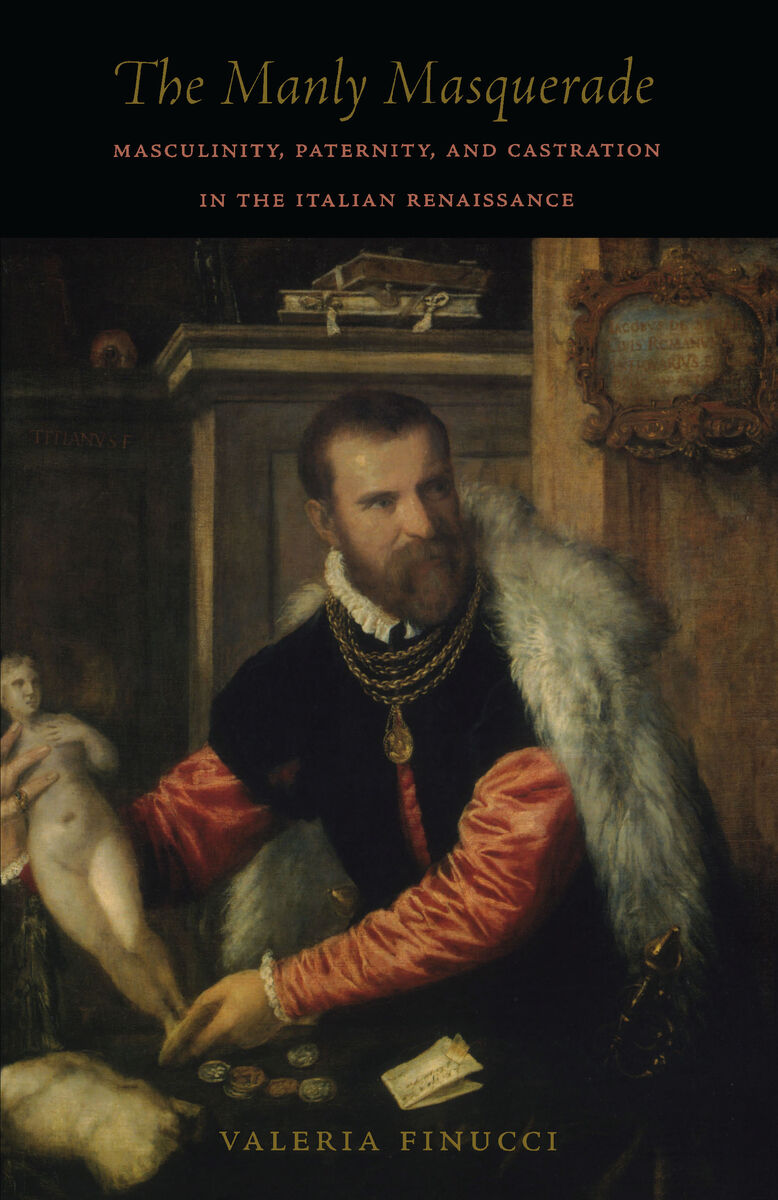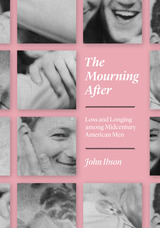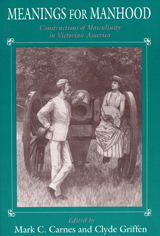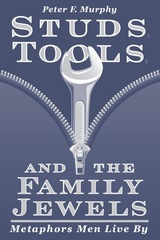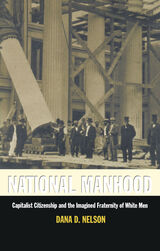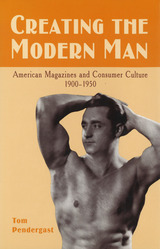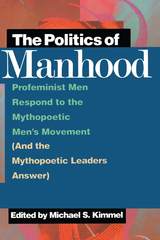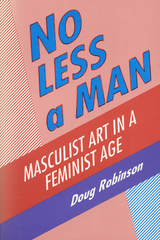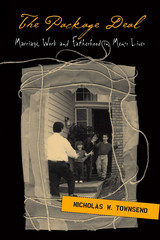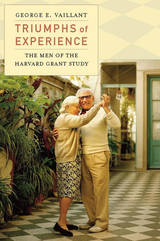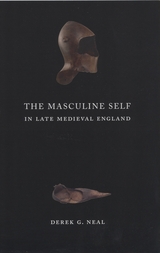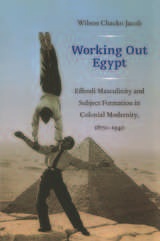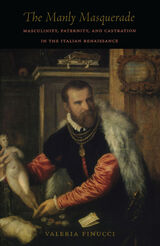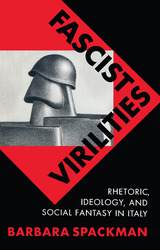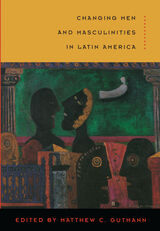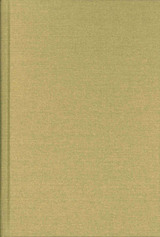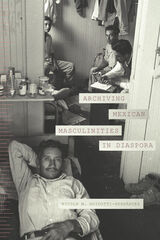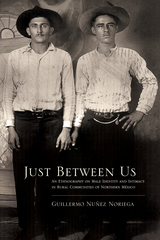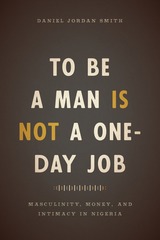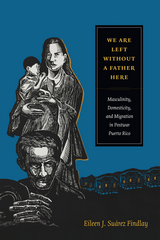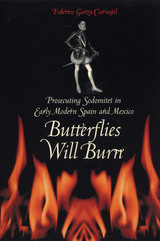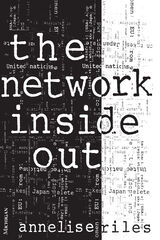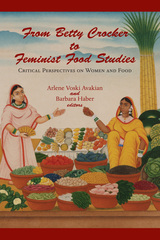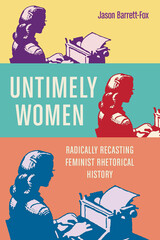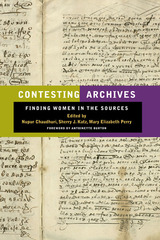Cloth: 978-0-8223-3054-7 | Paper: 978-0-8223-3065-3 | eISBN: 978-0-8223-8447-2
Library of Congress Classification HQ1090.7.I8F56 2003
Dewey Decimal Classification 305.310945
Highlighting the fissures running through Italian Renaissance ideas of manliness, Finucci describes how, alongside pervasive images of the virile, sexually active man, early modern Italian culture recognized the existence of hermaphrodites and started to experiment with a new kind of sexuality by manufacturing a non-man: the castrato. Following the creation of castrati, the Church forbade the marriage of all non-procreative men, and, in this move, Finucci identifies a powerful legitimation of the view that what makes men is not the possession of male organs or the ability to have sex, but the capability to father. Through analysis, anecdote, and rich cultural description, The Manly Masquerade exposes the "real" early modern man: the paterfamilias.
See other books on: Finucci, Valeria | Italian Renaissance | Masculinity | Men's Studies | Paternity
See other titles from Duke University Press
